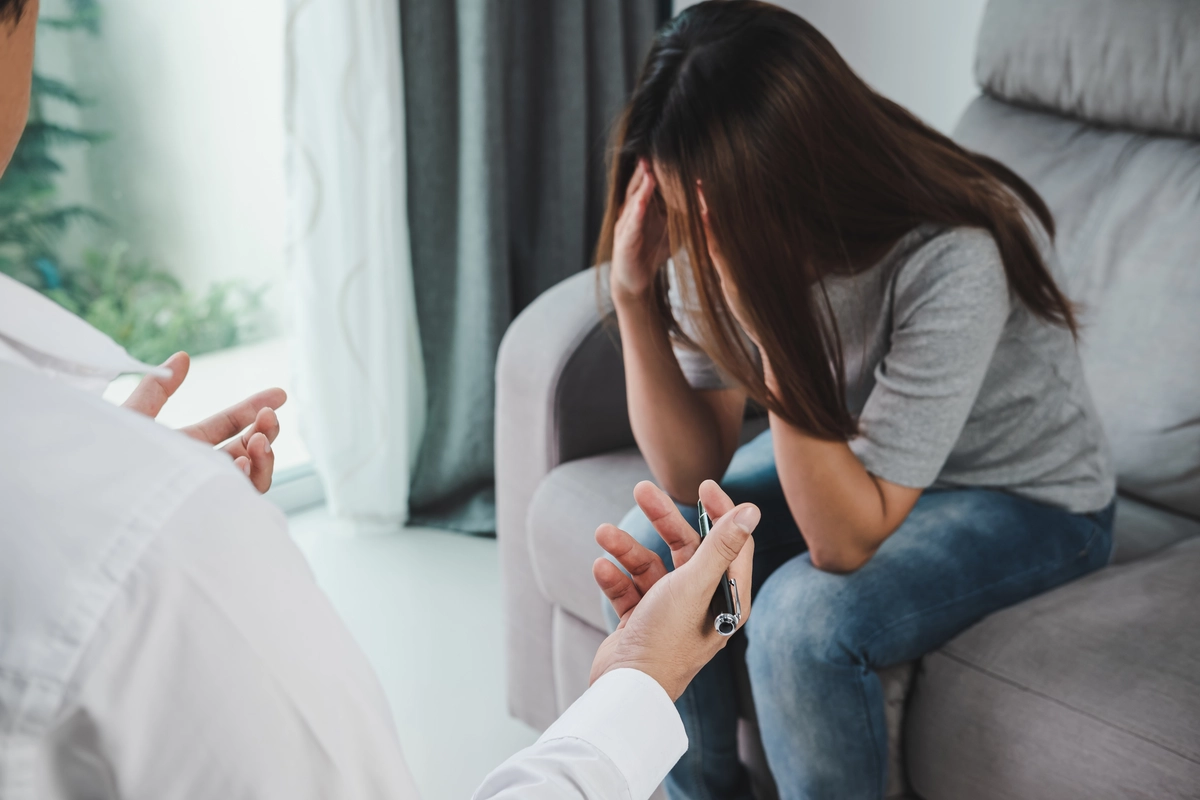24/7 Helpline:
(866) 899-221924/7 Helpline:
(866) 899-2219
Learn more about Bipolar Disorder Treatment centers in Lakeview
Bipolar Disorder Treatment in Other Cities

Other Insurance Options

BlueCross

Highmark

American Behavioral

Aetna

UnitedHealth Group

Choice Care Network

BHS | Behavioral Health Systems

Humana

Horizon Healthcare Service

Kaiser Permanente

Magellan Health

Multiplan

Private insurance

State Farm

ComPsych

Providence

Coventry Health Care

Evernorth
Beacon

CareFirst






































































Lake County Mental Health Department
Lake County Mental Health Department is a public rehab located in Christmas Valley, Oregon. Lake Cou...













